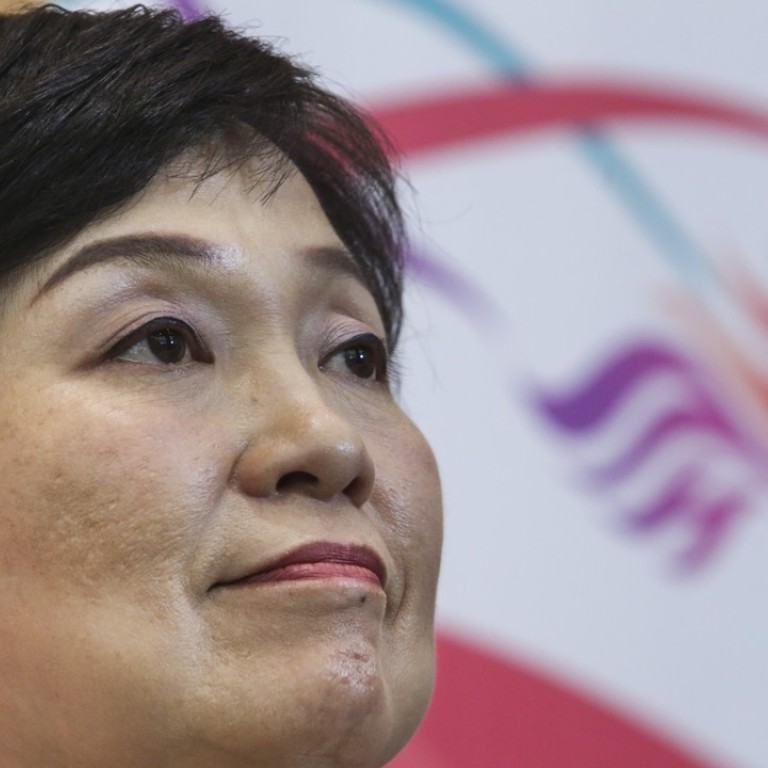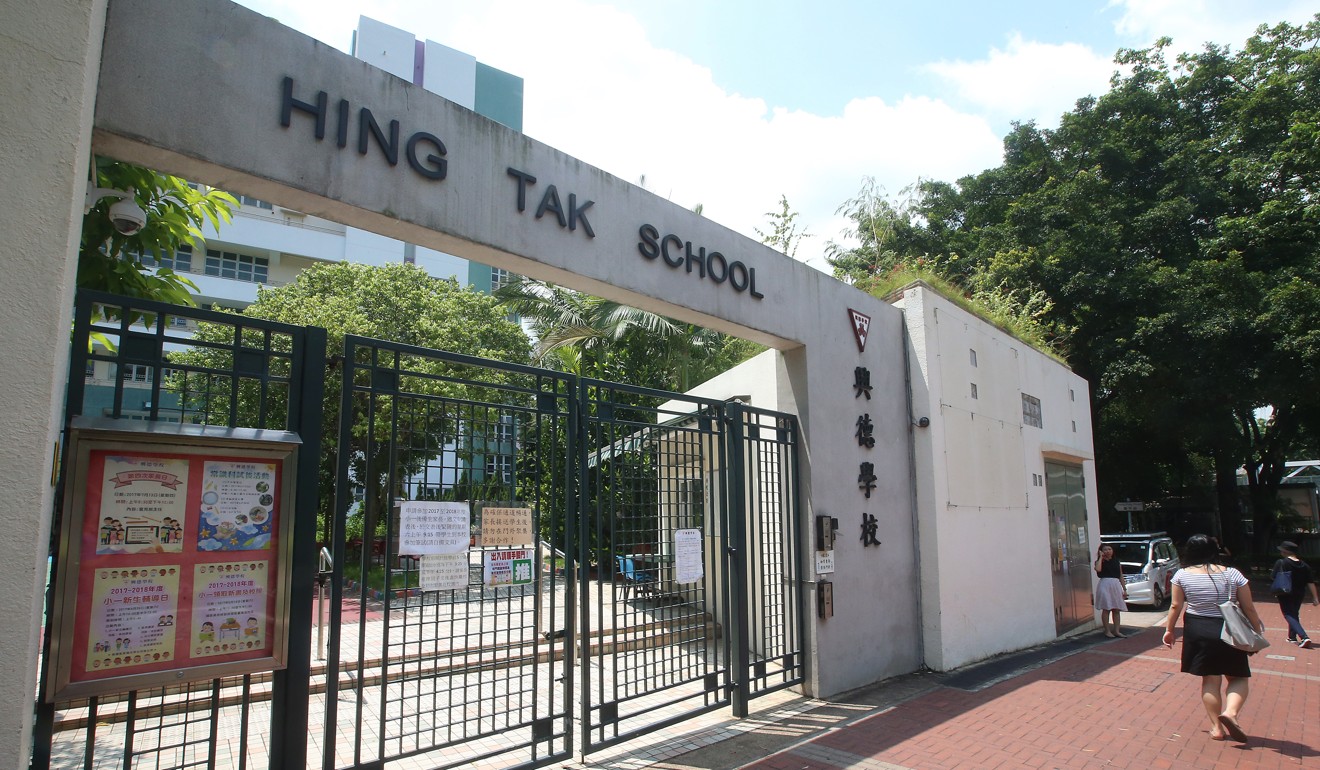
Composition of Hong Kong school boards may be reviewed, education No 2 says
Christine Choi pledges to look into how to bring about balance of power between Education Bureau and schools in wake of controversy over Tuen Mun institution
Undersecretary for Education Christine Choi Yuk-lin also pledged to look into how to bring about a balance of power between the Education Bureau and schools.
Governance problems at more than 10 Hong Kong schools prompt call for change from union

Speaking on a radio programme on Sunday, Choi said that the ratio of different stakeholders in school boards was something that could be discussed.
“But I personally feel that having a centralisation of powers is not so good and it does not go with what is happening in this era,” she said, adding a good balance should be struck.
Currently, the bureau stipulates that boards should have no more than 60 per cent of members from a school’s sponsoring body.
The remainder should consist of the principal, not less than one teacher representative, not less than one parent representative, one or more alumni members and not less than one independent member.
Critics pointed out that Hing Tak’s supervisor, who chairs the board, and several board members had given ousted principal Chan Cheung-ping too much power, which resulted in her mismanagement of the school.
Hong Kong school with permanently absent pupils investigated
Choi said the balance between school-based management and central supervision by the bureau was something that could be discussed and reviewed.
But she rejected the idea of giving the bureau full control of school management, to ensure schools were not restricted too much.
“If you want schools to develop faster, you do not want [to impose] so many restrictions,” she said, adding pupils would benefit more if schools could spend money flexibly instead of seeking financial approval for individual projects.
The former secondary school principal stressed that while there might be some small issues with schools because of the busy work schedule of principals, it was very rare for a school to have severe governance problems.
She said schools were required to be transparent by uploading plans and reports to their website.
Choi also reiterated that she did not see an urgent need to change the current way of conducting national education in schools, which gives institutions the freedom to decide how it is carried out.
“[National education] should be done in a way that suits schools, and not in a one-fits-all [manner],” she said.

